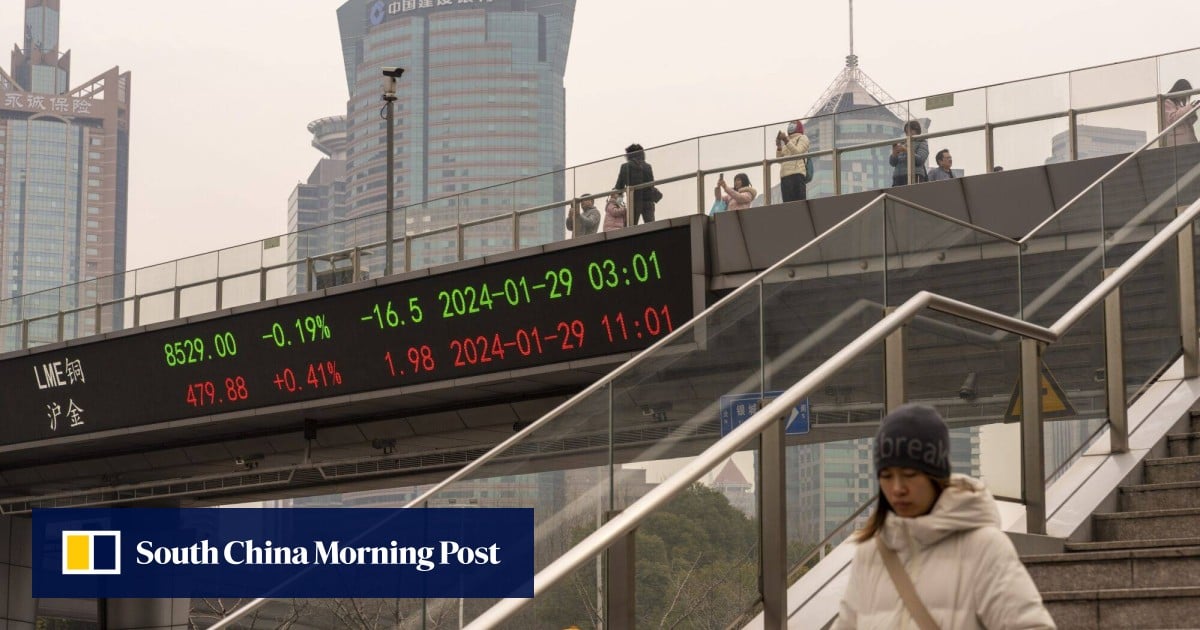
31 Mar Overseas investors’ appetite for Chinese stocks continues to recover after second month of buying in March

“We’ve seen a shift in stance by foreign investors and that’s a positive signal for Chinese stocks,” said Dong Zhongyun, an analyst at Avic Securities. “It’s worthwhile watching the flows of northbound investment [through the Stock Connects], as that’s where fresh capital comes from, and it might sway the market.”
Overseas investors continued to raise their holdings in banks and food and beverage makers, while cutting exposure to computer-linked stocks, Sinolink Securities said without providing any specific names.
Offshore hedge funds and foreign long-only funds have led the inflows since late January, although it remains to be seen whether the return is tactical or strategic, HSBC Holdings said in a report this month. More overseas buying is expected going forward, because of battered valuations, light positioning in Chinese equities and the prospects of more stimulus policies, it said.
Trillion-dollar rebound prompts debate: is the worst over for Chinese stocks?
Trillion-dollar rebound prompts debate: is the worst over for Chinese stocks?
Stretched valuations in the United States, Europe and Japan markets have increased the appeal of Chinese equities, which were out of favour for a while with foreign investors because of a moderation in economic growth and escalating geopolitical risks, according to Capital Securities.
The CSI 300 is valued at 13 times projected earnings, while the Nikkei 225 is trading at 23.6 times, according to Bloomberg data. The multiple for the S&P 500 is 21.6 times and that for Europe’s Stoxx 50 Index is 14.3 times.
“There has been an increasing number of bullish reports on Chinese assets by foreign investment banks recently,” said Wang Shijin, an analyst at Capital Securities. “Against the backdrop of oversized gains in other key markets like the US and Japan, Chinese assets might become part of the ‘barbell trade’ adopted by overseas hedge funds.”
China’s ‘broker butcher’ regulator to nurture mainland investment banks
China’s ‘broker butcher’ regulator to nurture mainland investment banks
A barbell trade is a strategy that is often deployed in bond trading and refers to a more balanced tactic of adding low-risk assets in portfolios to provide a hedge and mitigate risks.
For Herald van der Linde, a strategist at HSBC, Chinese stocks stand to benefit from Japan’s scrapping of its negative interest rates this month, a move that might alter fund flows in Asia and prompt some funds to move back to China.
“Sentiment is shifting,” van der Linde said. “The market has started to reward positive news on earnings, and portfolio allocations to China are rising. We remain overweight on Chinese equities.”
